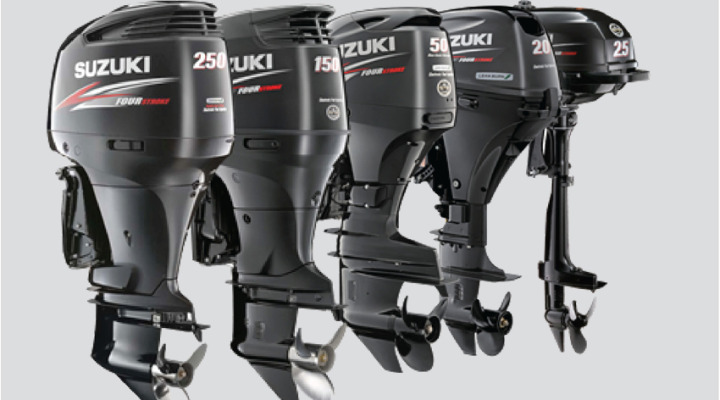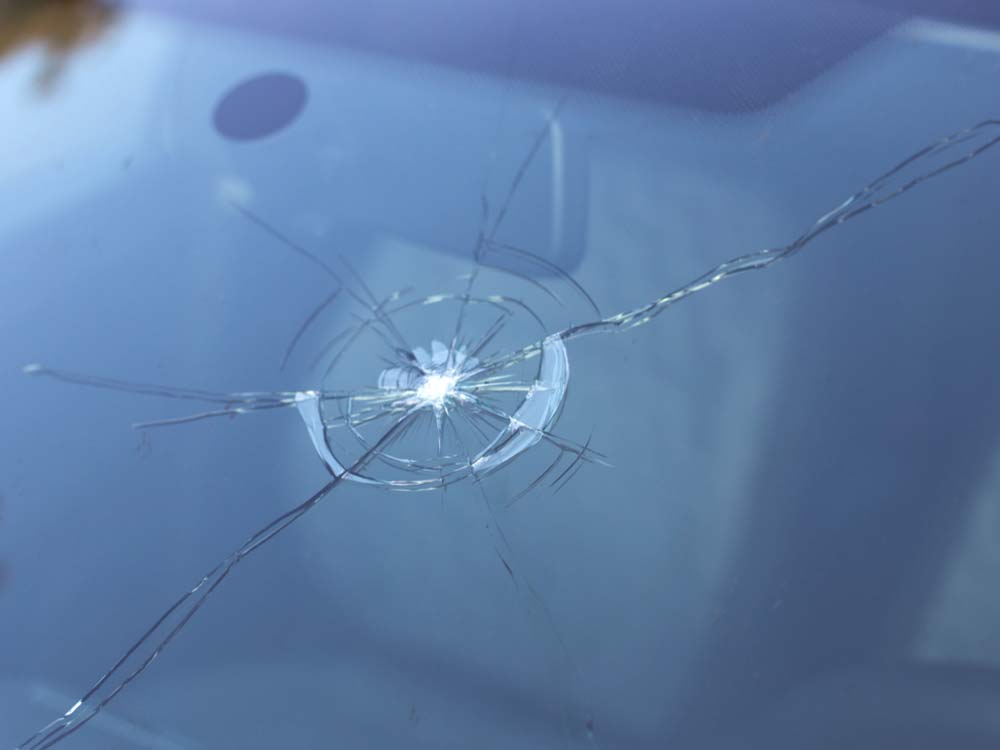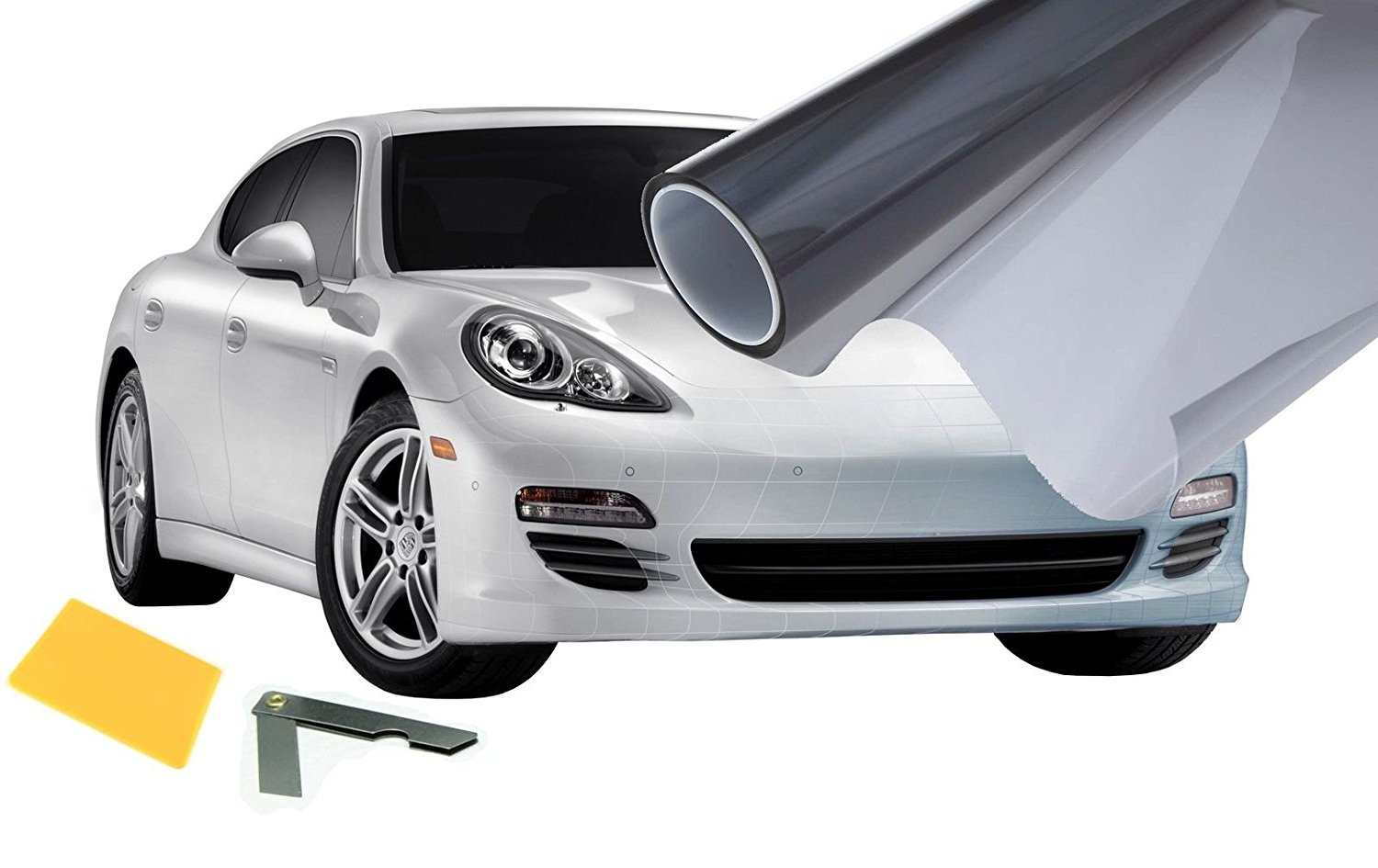Many people will ignore small problems on a car that works well until they become important. Avoid engine problems by servicing your engine with the following tips and tricks.
There is a click from the engine
Check your oil and fuel
If your engine makes noises or rattles, you should check your fuel choice.
- Try a higher octane fuel – these are often sold as “Premium” or “Super” and cost a bit more than the basic fuel.
- A low oil level can also cause noise in the engine – check the level and fill if necessary.
Increase durability
Recharge your fluids
The most important thing to make your car last longer and avoid having too many repairs is to keep all the fluids under the hood at correct levels.
- It is recommended to check their levels once a month.
Check your oil:
- Park your car on a level surface. Turn off the engine and wait at least 15 minutes. Pull the gauge (which usually has an orange or yellow encircled handle), wipe it with a clean cloth and insert it again completely.
- Wait five seconds and then remove it again. Check the level against the MIN and MAX markings on the dipstick.
- If the level is less than MIN, find and unscrew the oil cap. Pour in the right oil, little by little.
- Wait 30 seconds before checking the level of your gauge again, as above.
- Stop before reaching the MAX mark – an oil spill could damage the engine.
Check your other liquids:
- The coolant, brake fluid, washer fluid and other fluids under the hood are contained in translucent tanks marked with correct filling levels so you can easily see if they need to be refilled again.
- Follow the manufacturer’s instructions when using these fluids.
- The engine oil used in most modern cars is classified as “multigrade”. This type of oil is thinner at cold temperatures than when the engine heats up, helping the oil to circulate to protect the engine when you start cold.
- Multigrade oils are described by two numbers, such as 10W-30; These figures indicate the viscosity of the oil at cold and hot temperatures. When adding oil, you must use the one specified for the make and model of your vehicle.
My engine squeaks
Use soap on the belt for a quieter ride
Car engines use rubber belts – or more generally, a single wide belt known as serpentine or poly V belt – to power systems such as water pump and air conditioning. If this belt slides on its pulleys, it will cause an acute noise.
- Turn off your engine and let it cool down. Press the top of the strap. If the engine in your vehicle makes more noise than usual, you should have it checked by a qualified mechanic.
However, you can temporarily make your vehicle quieter.
- Use a knife to cut a thin slice of soap. Rub the soap on the inner surface of the strap the full length you can reach (having a thin slice of soap helps you go further).
- Start the engine and check for noise. Repeat the process if necessary.



